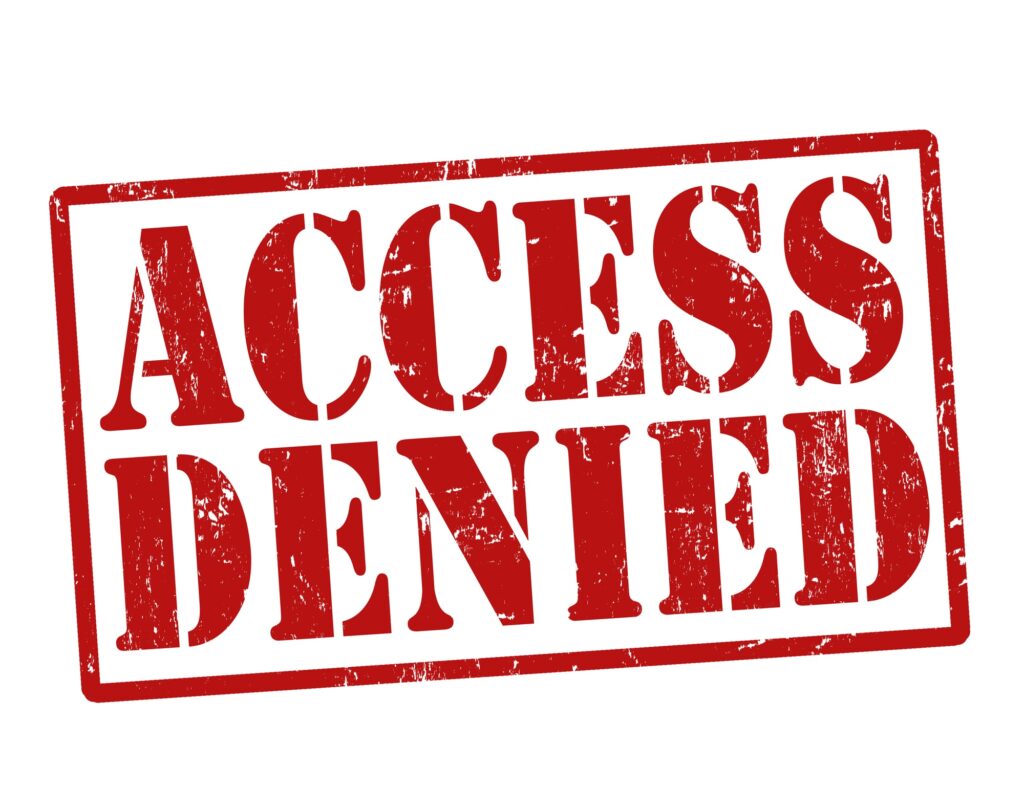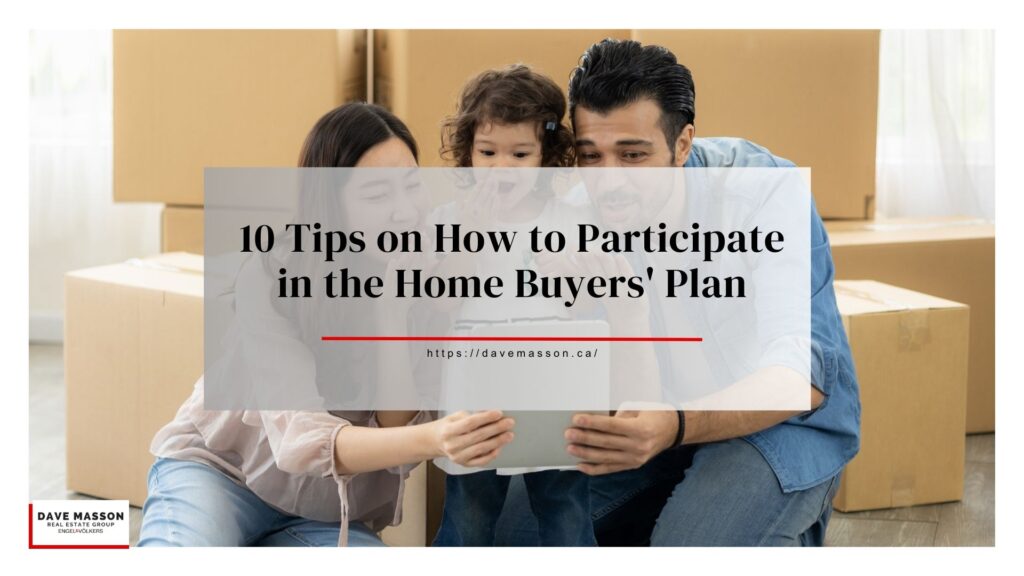You want to buy your first home in Vancouver. But you’re not sure how to proceed with your finances.
Introducing the Home Buyer’s Plan (HBP), a game-changer for aspiring homebuyers in Vancouver. With the HBP, you can withdraw funds from your RRSP to make your first home purchase or construction a reality.
Say goodbye to financial barriers and hello to your dream home with the HBP.
To participate in the Home Buyer’s Plan (HBP) you will need to:
- Ensure eligibility and understand first-time homebuyer requirements.
- Purchase or build a qualifying home before the deadline.
- Consider a replacement property if unable to meet the deadline.
- Comply with HBP conditions and repayment obligations.
- Understand potential tax implications and seek professional advice.
1. Ensure HBP Eligibility
Before you embark on participating in the Home Buyer’s Plan (HBP), assess your eligibility. The HBP has specific criteria you must meet in order to qualify for the program.
To qualify for the HBP, you must have a written agreement to purchase or build a qualifying home for yourself or a related person with a disability.
This means that you need to have a clear plan in place to acquire a suitable property that meets the HBP’s criteria.
Are you using the HBP to assist a related person with a disability in purchasing a principal residence? Then, there are additional conditions to meet.
The home being purchased or built must better suit the needs of the disabled person compared to their current residence.
Make sure to understand eligibility requirements to ensure you meet them before proceeding with the HBP. Trust me, it’ll save you lots of time and energy!
Failure to meet any of these criteria may affect your eligibility to participate in the program.
Better yet, consult with a financial advisor or tax professional. This way, they can help your eligibility. Thus ensuring your compliance with the HBP conditions.
2. Verify First-Time Homebuyer Status
Have you previously owned a home? If so, you may still be considered a first-time homebuyer under certain circumstances.
The key factor is that you haven’t occupied a home owned by:
- Yourself
- Your current spouse
- Or common-law partner in the four-year period before the withdrawal.
Assess your situation and determine if you meet the first-time buyer requirements.
3. Understand the Four-Year Period
The four-year period is crucial for determining your eligibility as a first-time buyer. It starts on January 1st of the fourth year before the year you plan to withdraw funds and ends 31 days before the withdrawal date.
Keep in mind that you cannot have owned and occupied a home within this four-year timeframe to be considered a first-time homebuyer.
4. Buy or Build a Qualifying Home
To participate in the HBP, you must buy or build a qualifying home.
A qualifying home is one that you:
- Purchase
- Build
- Or one that you are considered to be buying or building before October 1st of the year following the withdrawal.
This timeline is important to keep in mind when planning your home purchase or construction project.
5. Consider a Replacement Property

If you are unable to buy or build a qualifying home before the deadline, you have the option to purchase or build a replacement property.
This allows you to cancel your previous participation in the HBP and buy or build a different home.
The replacement property must meet the same conditions as a qualifying home. Plus, you must complete the transaction before October 1st of the year following the withdrawal.
Keep in mind that the maximum withdrawal limit applies to the entire HBP loan, including any series of withdrawals you may have made.
6. Ensure Compliance with HBP Conditions
Throughout the participation period in the HBP, ensure you meet all the applicable HBP conditions.
What happens when you fail to meet conditions? It may result in your withdrawal being considered ineligible. Also, you may need to include the withdrawn amount as income on your tax return.
This is where you see the importance of understanding the potential tax implications. Any taxable eligible withdrawal amounts may be subject to taxes at tax time.
7. Repayment Requirements and Schedule
Of course, now that you’ve participated in the HBP and made a planned withdrawal from your RRSP, take note of the repayment requirements.
You must begin repaying the withdrawn amount two years after the year of the HBP withdrawal.
Familiarize yourself with the plan repayment schedule. Comply with the repayment obligations to avoid penalties or tax implications.
8. Understand Potential Tax Implications
Participating in the HBP does provide opportunities for tax-free withdrawals. But still, be aware of any potential tax implications.
If you fail to meet the HBP’s conditions or repayment requirements, the withdrawn amount may be subject to taxation.
Do you want a deeper dive into potential tax implications? It’s best for you to consult with a tax professional. Also, stay compliant with the HBP regulations.
9. Seek Professional Advice and Guidance
Navigating the HBP and making informed decisions can be complex. It is highly recommended to seek advice from a financial advisor or tax professional with experience in the HBP.
They can assist you in:
- Understanding the program
- Assessing your eligibility
- Planning for withdrawals
- And ensuring compliance with all requirements.
Additionally, they can guide you through the loan application process and help you make the most of the benefits offered by the HBP.
10. Explore Other Homeownership Assistance Programs
Yes, HBP is a valuable program. However, don’t let this stop you from exploring other homeownership assistance programs that may be available to you.
Go ahead and research government initiatives, grants, and incentives. These can further support your dreams of buying a house in Vancouver.
Understanding all the options can help you make informed decisions. What’s more, you can maximize the benefits of homeownership assistance programs.
Who Cannot Participate in the Home Buyers Plan?

Certain individuals are ineligible to participate in the Home Buyer’s Plan (HBP). Here are some examples of who cannot participate in the HBP:
1. Non-Residents
If you are a non-resident in Canada for tax purposes, you are not eligible to participate in the HBP. You must be a resident of Canada at the time of the withdrawal to qualify.
2. Previous Participation
Have you previously participated in the HBP? Do you still have an outstanding balance that has not been repaid? Then, you will be ineligible to participate in the program until the previous balance is fully repaid.
3. Disqualified Persons
Individuals who are considered disqualified persons cannot participate in the HBP. Disqualified persons include individuals who are not dealing at arm’s length with you, such as your:
- Spouse
- Common-law partner
- Or any family member.
4. Bankruptcy
If you have filed for bankruptcy and have not been discharged, you cannot partake in the HBP until your bankruptcy has been discharged.
5. Insolvency
Individuals who are insolvent, meaning they are unable to pay their debts as they become due, are not allowed to participate in the HBP.
Carefully review the eligibility requirements. Consult with a financial advisor or tax professional to determine your eligibility for the HBP.
They can provide personalized advice based on your specific circumstances. In addition, they can help you understand if you meet all the requirements to participate in the program.
What Happens If I Don’t Pay Back My HBP
If you do not repay your Home Buyer’s Plan (HBP) as required, there are consequences and potential tax implications. Here’s what can happen if you fail to pay back your HBP:
1. Taxation of Outstanding Amount
The amount that you have not repaid according to the HBP requirements will be considered income for the year in which the repayment was due.
This means that the outstanding amount will be added to your taxable income for that year.
2. Income Tax Owed
Since the outstanding HBP amount is treated as taxable income, you will owe income tax on that amount. The tax owed will be determined based on your marginal tax rate, potentially resulting in a higher tax bill.
3. Loss of RRSP Contribution Room
If you do not repay the HBP amount, you will permanently lose that amount of RRSP contribution room. This can impact your ability to save for retirement using RRSP contributions.
4. Potential Penalties
In addition to owing taxes, the Canada Revenue Agency (CRA) may impose penalties for failing to repay your HBP as required. The specific penalties can vary based on the circumstances and the amount owed.
To avoid these consequences, it is crucial to adhere to the repayment requirements of the HBP.
Typically, you must start repaying the withdrawn amount two years after the year of withdrawal, and you have up to 15 years to repay the full HBP amount.
Ensure you meet the repayment obligations to avoid:
- Tax implications
- Loss of contribution room
- And potential penalties.
Consult with a Financial Advisor
By following these tips, you can navigate the process of participating in the Home Buyer’s Plan. However, it is always advisable to consult with an expert to help you make the best decision.
The Dave Masson Real Estate Group is a team of experienced and dedicated Vancouver realtors. We are committed to giving you personalized guidance for buying your dream home.
Let’s make your dreams come true!






